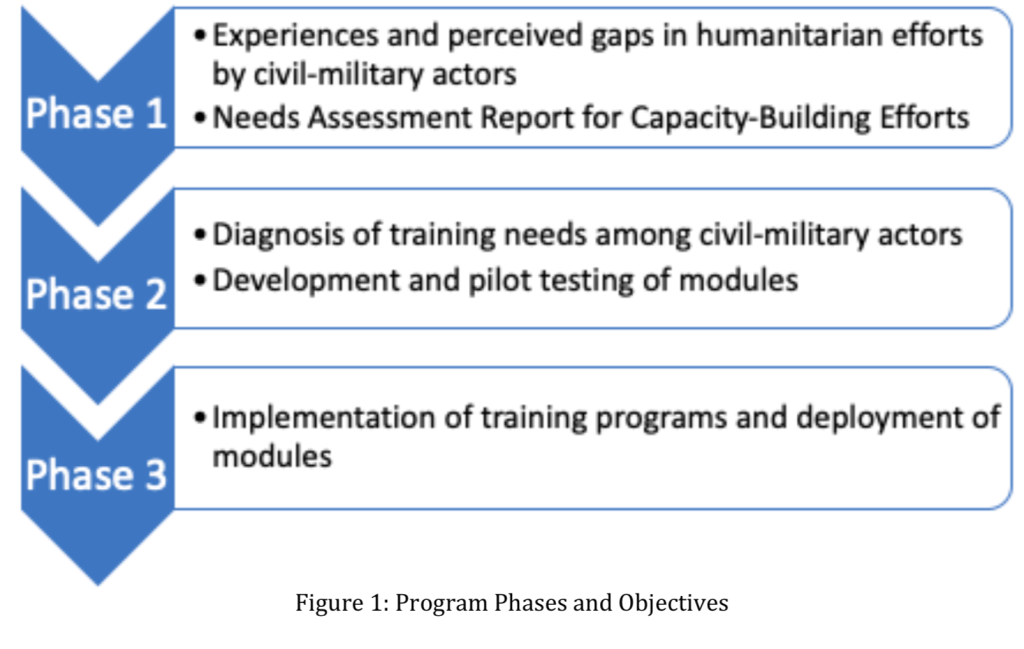
Project Title: Humanitarian Leadership in Urban Communities: An Exploratory Study on the Role of Community Leaders in Humanitarian Coordination during the COVID-19 Pandemic in the Philippines
Funding Agency: Brown University Center for Human Rights and Humanitarian Studies
Project Duration: November 2020- September 2021
Role: Project Leader
In March 2020, the Philippine Government addressed the increasing threat of the COVID-19 pandemic by placing the entire National Capital Region under enhanced community quarantine. This policy disrupted all established forms of mobility as public transportation were halted and access to commercial centers were limited to specific demographics. Urban poor communities were hardest hit by this policy as most of the residents are daily wage earners in informal economies. Reports of food insecurity and, consequently, violations of quarantine related to accessing basic needs intensified by June as evidenced by the arrest of the Piston 6—a group of jeepney drivers who resorted to begging for food on a major thoroughfare. As social amelioration from government units experienced delays in distribution, the management of expectations and aspirations of disadvantaged populations became the role of local community leaders.
As a qualitative study, key informant interviews and FGD will be designed to document the narratives of community leaders in three of the Region’s most densely populated cities. This study will explore the lived experiences of local leaders who have participated in bridging the implementation of quarantine policies from the national and local government to their communities. More specifically, this study will inquire on the extent of their 1) engagement with national-level humanitarian actors, 2) typologies of humanitarian activities they engaged in, 3) the contexts that motivated their decision-making for humanitarian activities, and 4) their perceived gaps in humanitarian efforts by civil-military actors during this pandemic.Data will be thematically processed using MAXQDA2020.
Apart from its potential contribution to current discourse on the role of local humanitarian actors during periods of disasters, this study will provide the contextual map for the development of a training program for community-based humanitarian actors that is intended to build their capacity in addressing future disasters in urban spaces.

I have presented the preliminary findings of this project in the 2021 Hack for Humanity organized by Brown University.
I am very proud to share that our report for local humanitarian leadership which explored the lived experiences of 3 urban community-based organizations is now available. Thank you to Brown University Center for Human Rights and Humanitarian Studies for funding this project. The best part of this report is that this is our first active attempt to co-produce knowledge with our community partners. Salamat Mary Cris Fuentes EsmoloMarie Tesiorna EsmoloNoli Madeja Anj Aguilos.
You can read the report here: http://dx.doi.org/10.13140/RG.2.2.21108.42882


Leave a comment